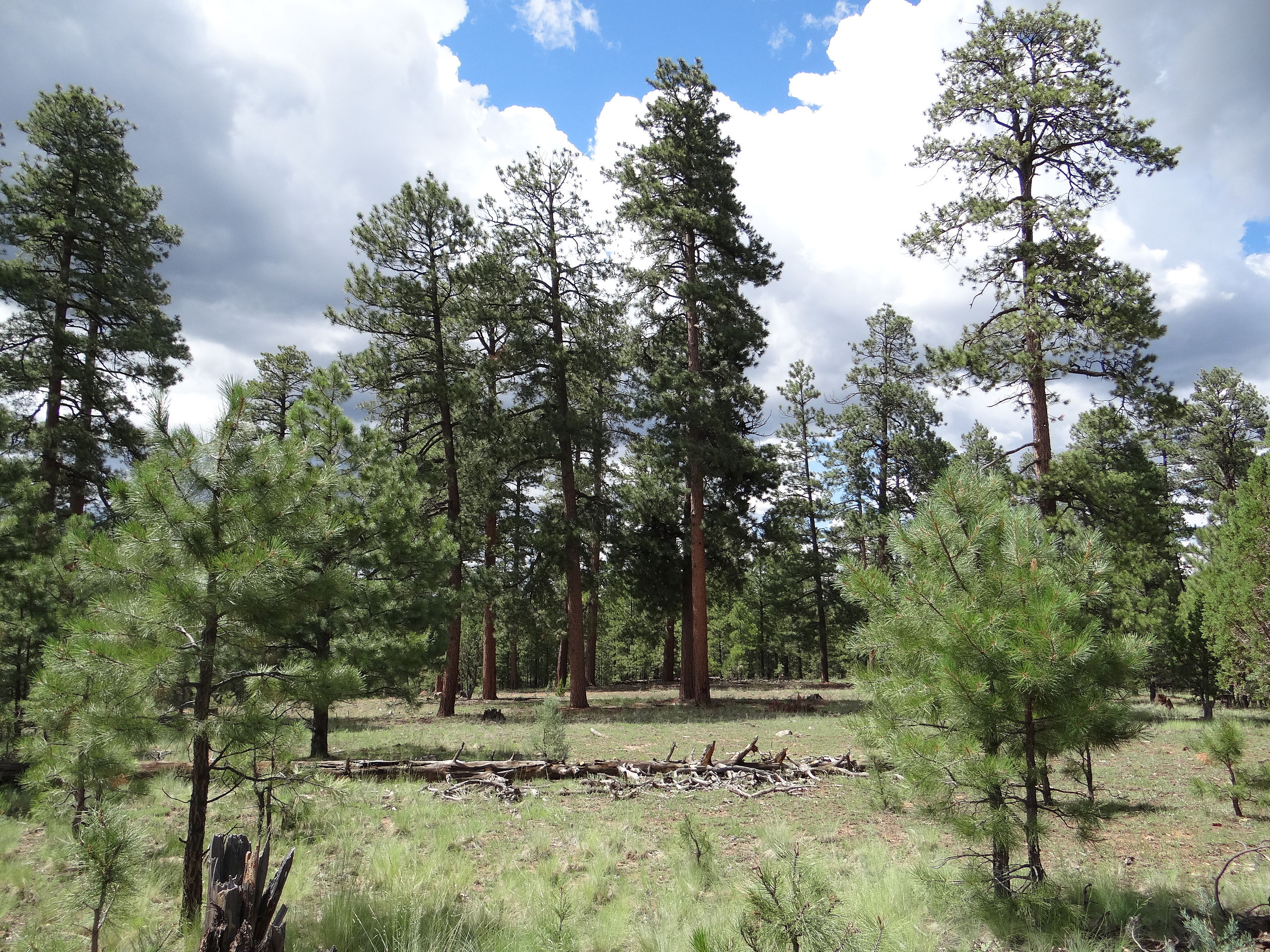Space-based sensors will help a team of researchers from UMaine and other institutions, fueled by a recent NASA grant, to evaluate how tree thinning affects water supply in southwestern ponderosa pine forests.
UMaine Farmington’s Andrew Barton, a forest and fire ecologist, is on the team studying tree growth, water balance, temperature, and drought severity in the ponderosa pine forests of northern Arizona. They intend to study local forest stands intensively, then extrapolate their findings across the state using data acquired from space.
“Drought and wildfire are causing widespread death of trees in western forests and serious impacts on human communities,” Barton said. The 3-year, $597,000 NASA-funded project “has the potential to demonstrate how we might make these forests more resilient,” he added.
Fire suppression policies have allowed some ponderosa pine forests in the western United States to grow into dense stands, which are more vulnerable to wildfire. The warmer and drier conditions brought on by climate change increase the risk of catastrophic fires.
Barton and his colleagues will use the ECOSTRESS instrument (ECOsystem Spaceborne Thermal Radiometer Experiment on Space Station) to determine the amount of water plants are using and how droughts affect plant health. ECOSTRESS data will help them identify critical thresholds of water use and water stress in ponderosa pine forests.
The team will also use data from Landsat, underground soil moisture meters, sap-flow sensors, laser-equipped drones, and weather stations in their analysis.
The project is led by Dr. Temuulen Sankey of Northern Arizona University.

